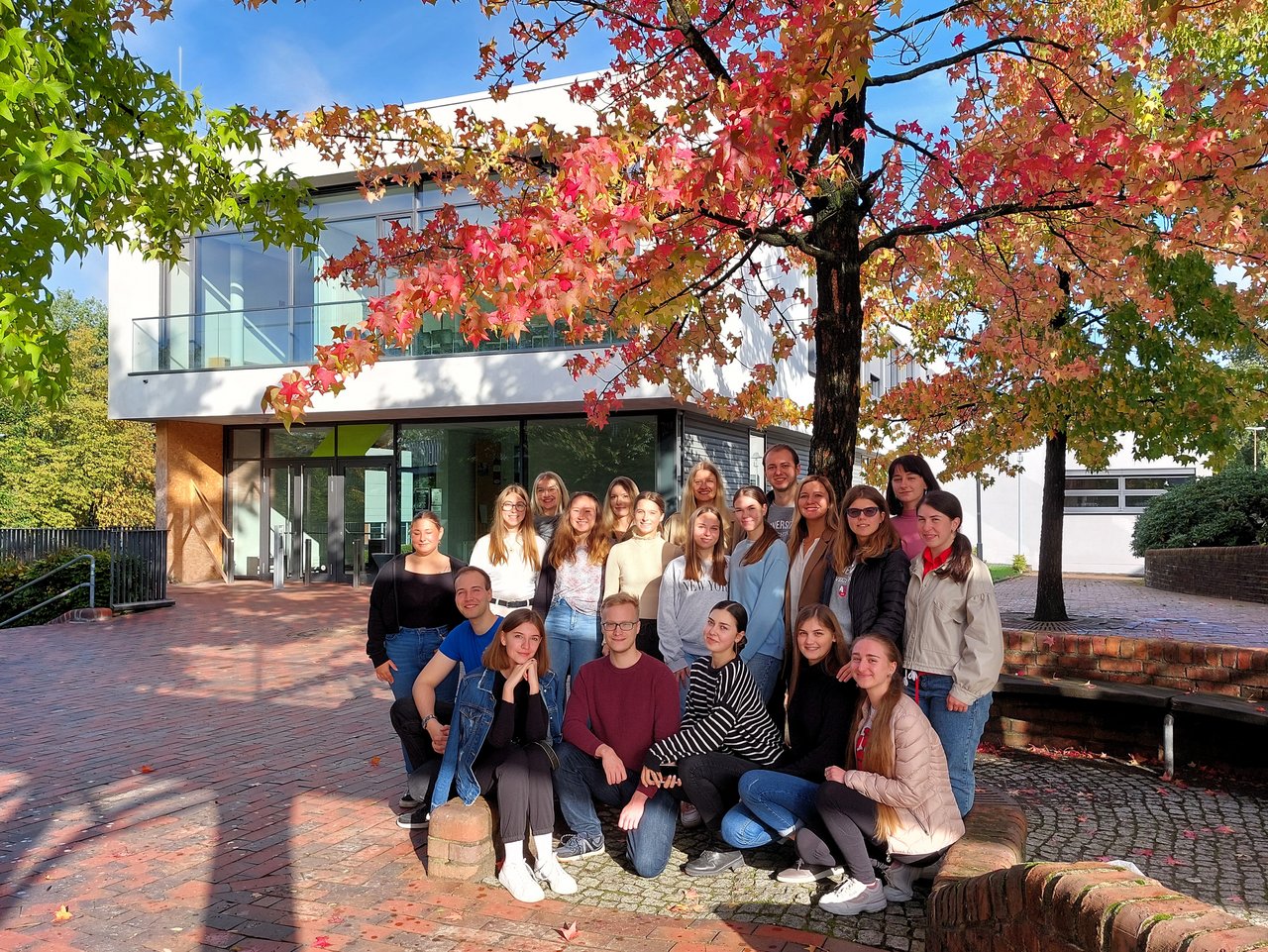Study Social Work (BA)!
The Bachelor's programme in Social Work at the University of Vechta (Germany) focuses on both theoretical and methodological training for the diverse fields of social work, such as family support, child and youth welfare, addiction counselling, social work with migrants, school social work, probationary services and work in various social institutions.





